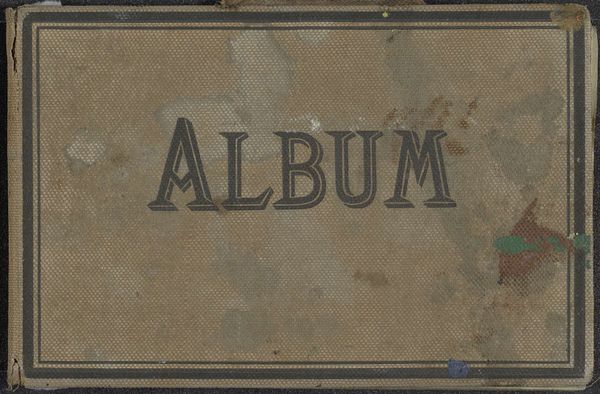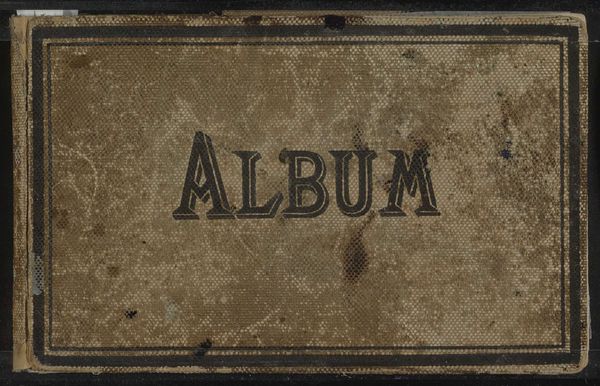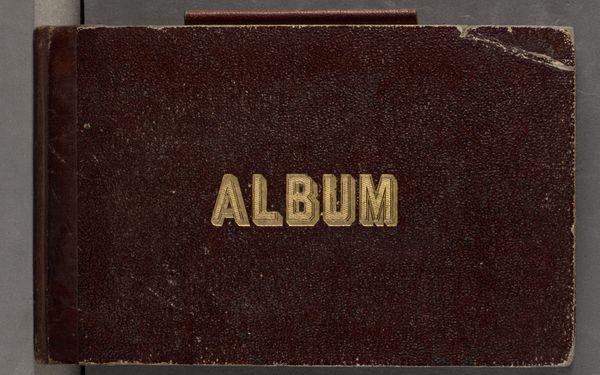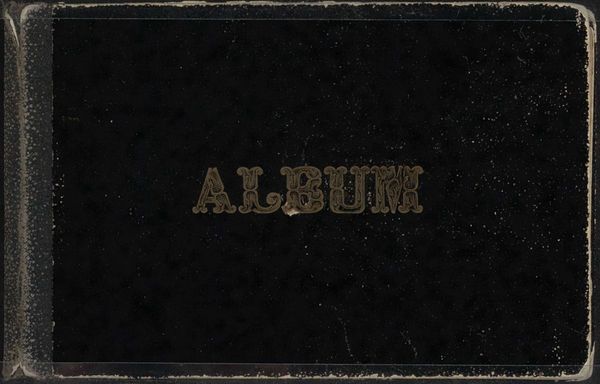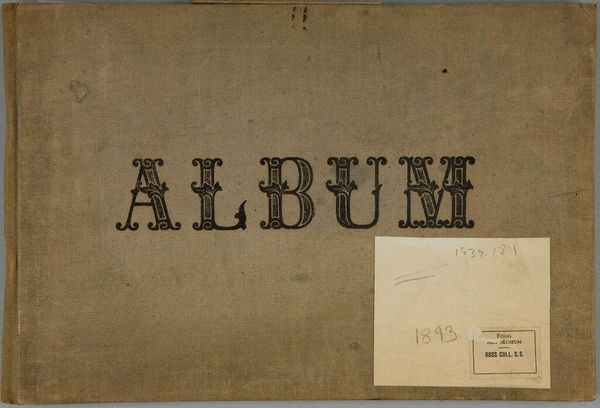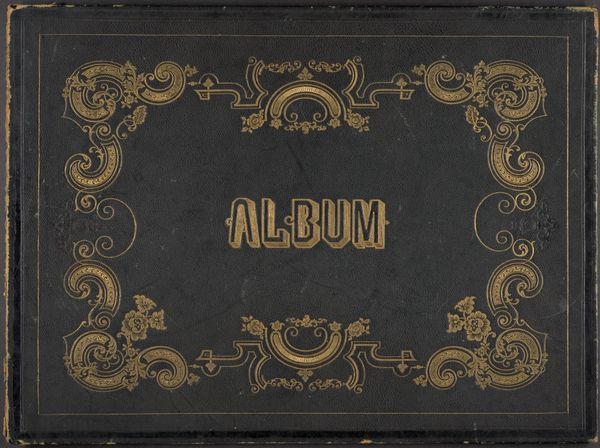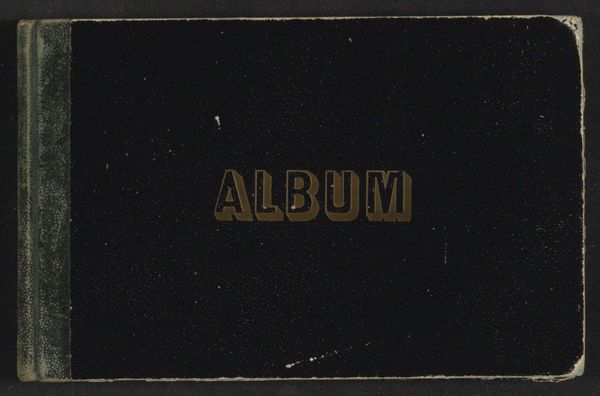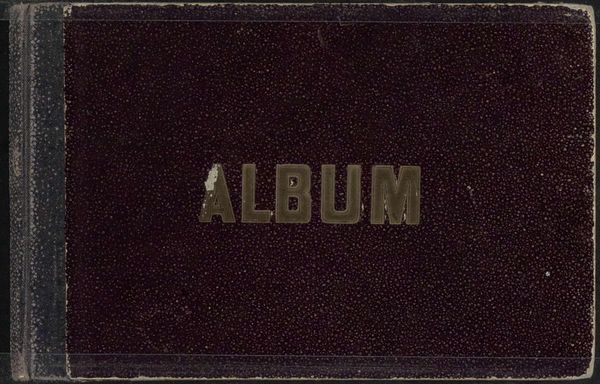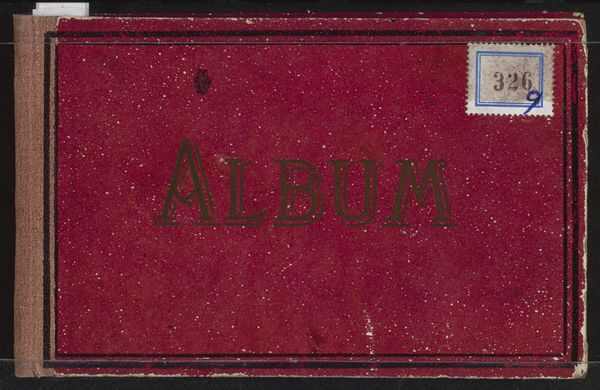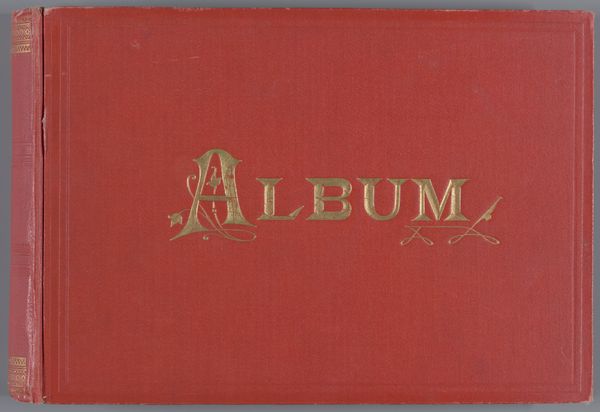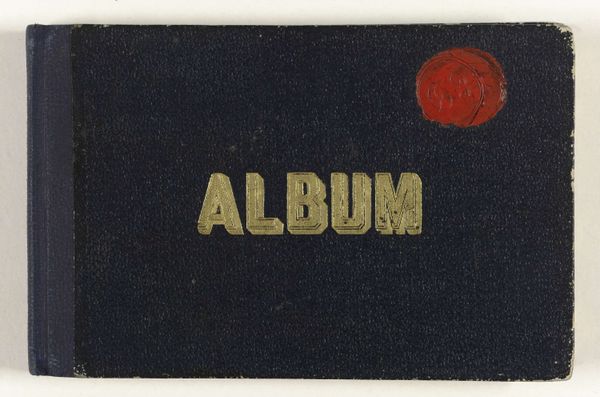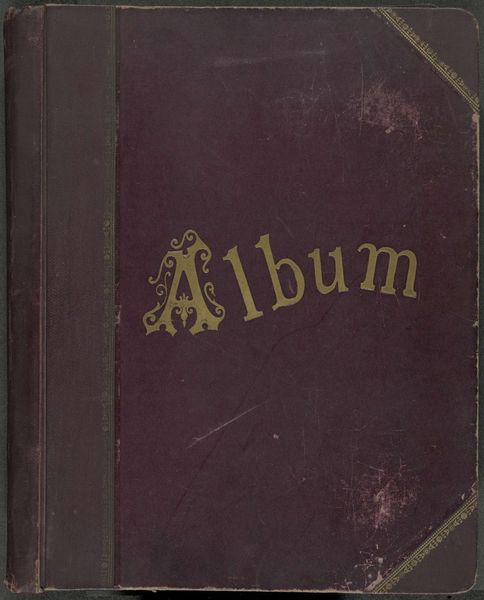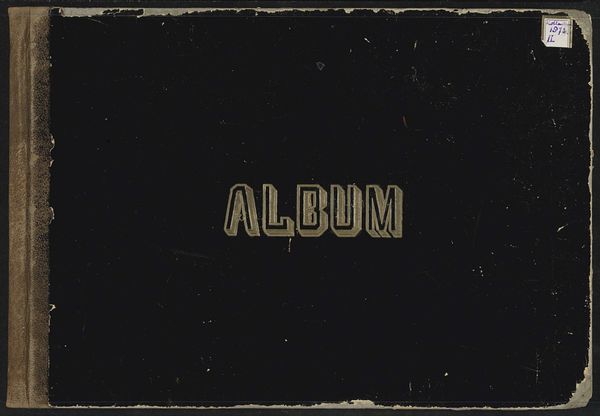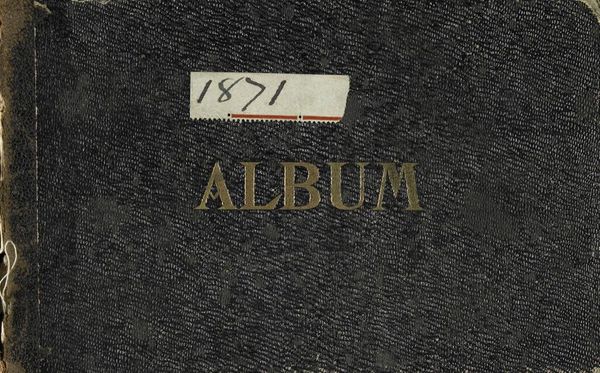
Schetsboek met 38 bladen betekend tijdens de expeditie naar Nova Zembla in 1880 1880
0:00
0:00
louisapol
Rijksmuseum
drawing, photography, albumen-print
#
drawing
#
16_19th-century
#
photography
#
albumen-print
Dimensions: height 153 mm, width 232 mm, thickness 13 mm, width 473 mm
Copyright: Rijks Museum: Open Domain
This sketchbook was made by Louis Apol during the 1880 expedition to Nova Zembla. The album itself is a modest object, industrially produced, likely with a cloth-covered board. The material speaks to a particular moment in the industrial revolution, when standardized sketchbooks became readily available, and therefore, travel to remote locations became more attainable. Bound together, these blank pages were critical to the artistic process of preliminary sketches, providing a portable means of documentation. The texture of the paper within, its absorbency and weight, would have directly influenced Apol’s hand, guiding his choice of graphite, charcoal, or ink, each lending a distinct quality to his arctic observations. Consider, too, the social context: Apol was not merely an artist, but a documentarian of a Dutch expedition. In these pages, we see not only Apol’s artistic skill, but also the intersection of art, exploration, and the industrial forces that made such voyages conceivable. So, this sketchbook embodies the spirit of exploration, but also reminds us of the labor and material conditions that underpin artistic practice.
Comments
No comments
Be the first to comment and join the conversation on the ultimate creative platform.
